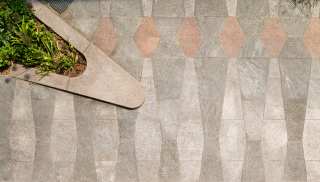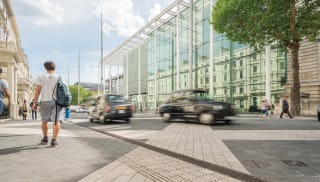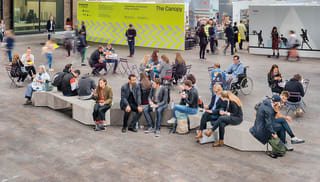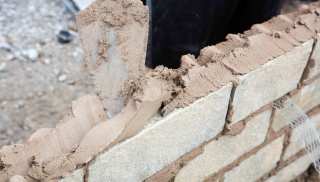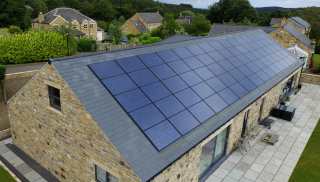
Product Sustainability

Product Sustainability
At Marshalls, sustainability is at the core of our manufacturing process. We make it our priority to use responsible sourced raw materials, and 74% of the electricity we consume as a group is sourced from renewable sources.
Our ongoing product innovation drives us to explore more sustainable product mixes and practices, ensuring we continue to meet the highest standards while prioritising environmental responsibility.
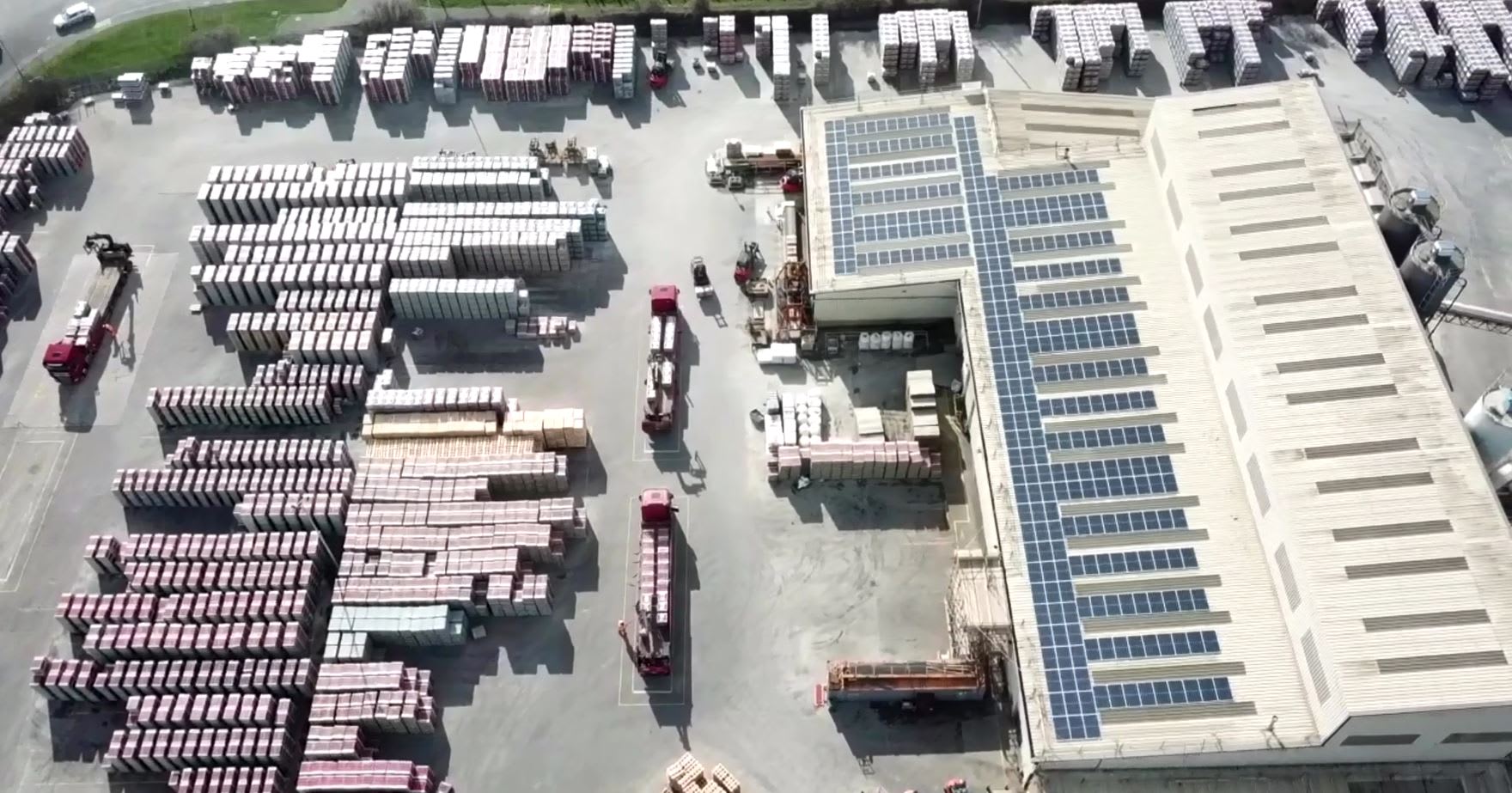
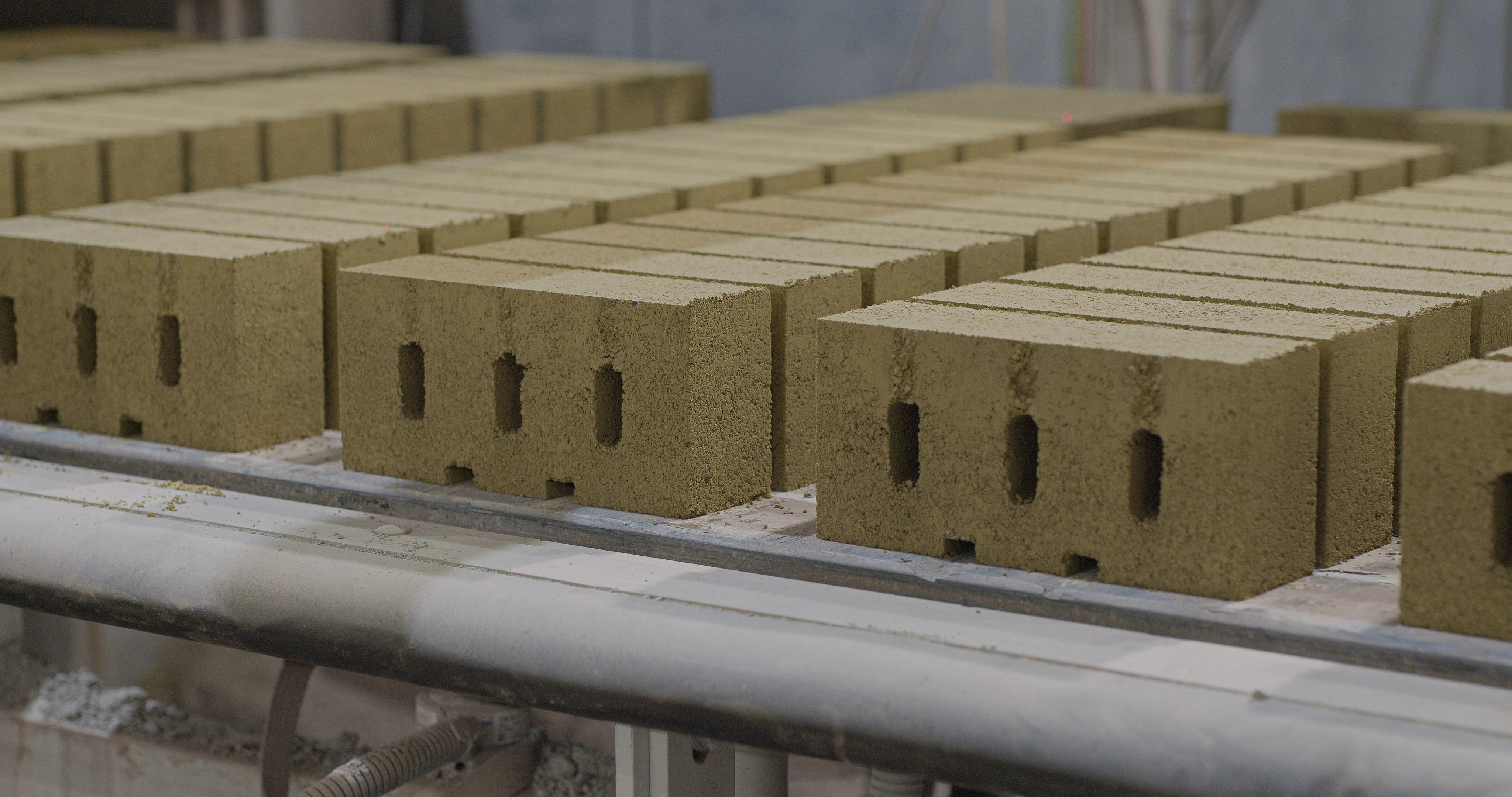
Carbon sequestration is something we’ve been trialling for some time and in 2022 we became the first pre-cast concrete manufacturer in the UK to adopt CarbonCure Technologies, where we permanently lock captured carbon into a range of our facing bricks. You can find out more here.
We’ve invested a lot of resource into finding alternatives to cement in our concrete too, without impacting on the functionality and aesthetics. We’ve now produced our first full scale production run of cement-free concrete blocks which is a win for us, and you.
Our commitment to sustainability goes beyond product innovation. You can find out more about our sustainability practices here.
Some of our other sustainability initiatives include:
- Minimising the amount of non-essential plastic packaging on our products
- Identifying areas where alternative packaging solutions can be used without affecting quality or safety
- Undertaking regular audits at our facilities to ensure ongoing improvements in waste management practices
- We’re part of Scott Pallets return scheme, promoting pallet reuse and repair
- Our product samples undergo rigorous testing at our central laboratory in Yorkshire and they’re recycled back into the manufacturing process
INDUSTRY CERTIFICATIONS, ACCREDITATIONS AND CREDENTIALS
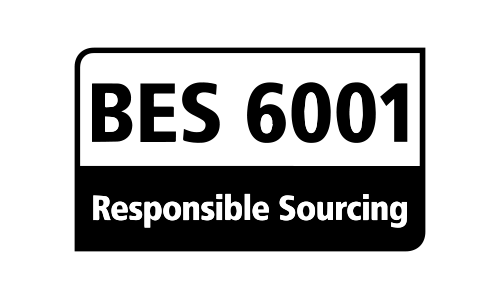




Environmental Product Declarations (EPDs) bring a level of consistency and standardisation to sustainability reporting and provide full details of a product's environmental impact. Visit our EPD library here.
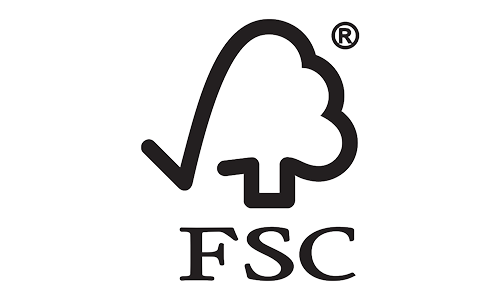
The Forest Stewardship Council (FSC) promotes responsible management of the world's forests via timber certification.
Our product icons
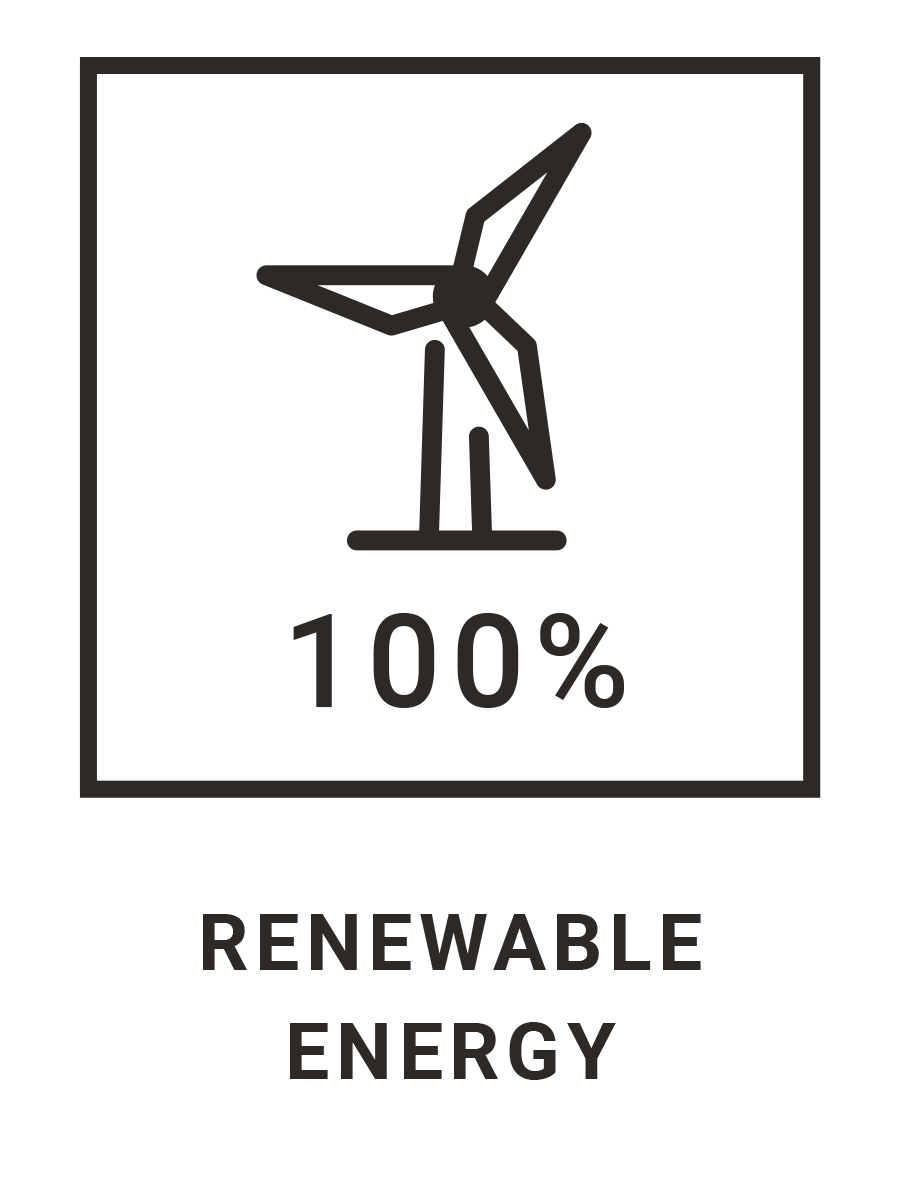
Manufactured at a site which exclusively uses clean electricity sourced from solar, hydro or wind power (or a combination of all three).
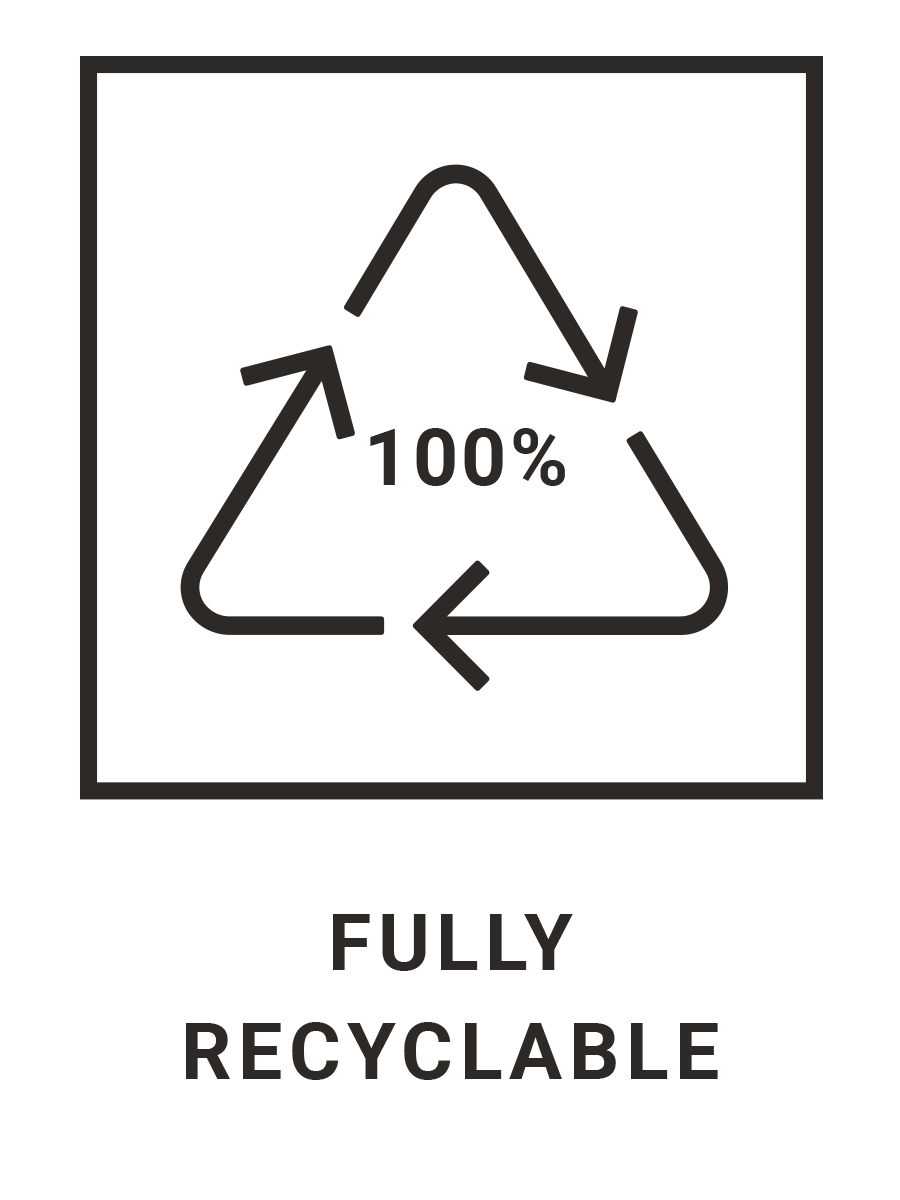
Can be completely recycled at the end of its life. In the case of stone or concrete products, end-of-life recycling is most commonly crushing for use as sub-base aggregate or component materials.
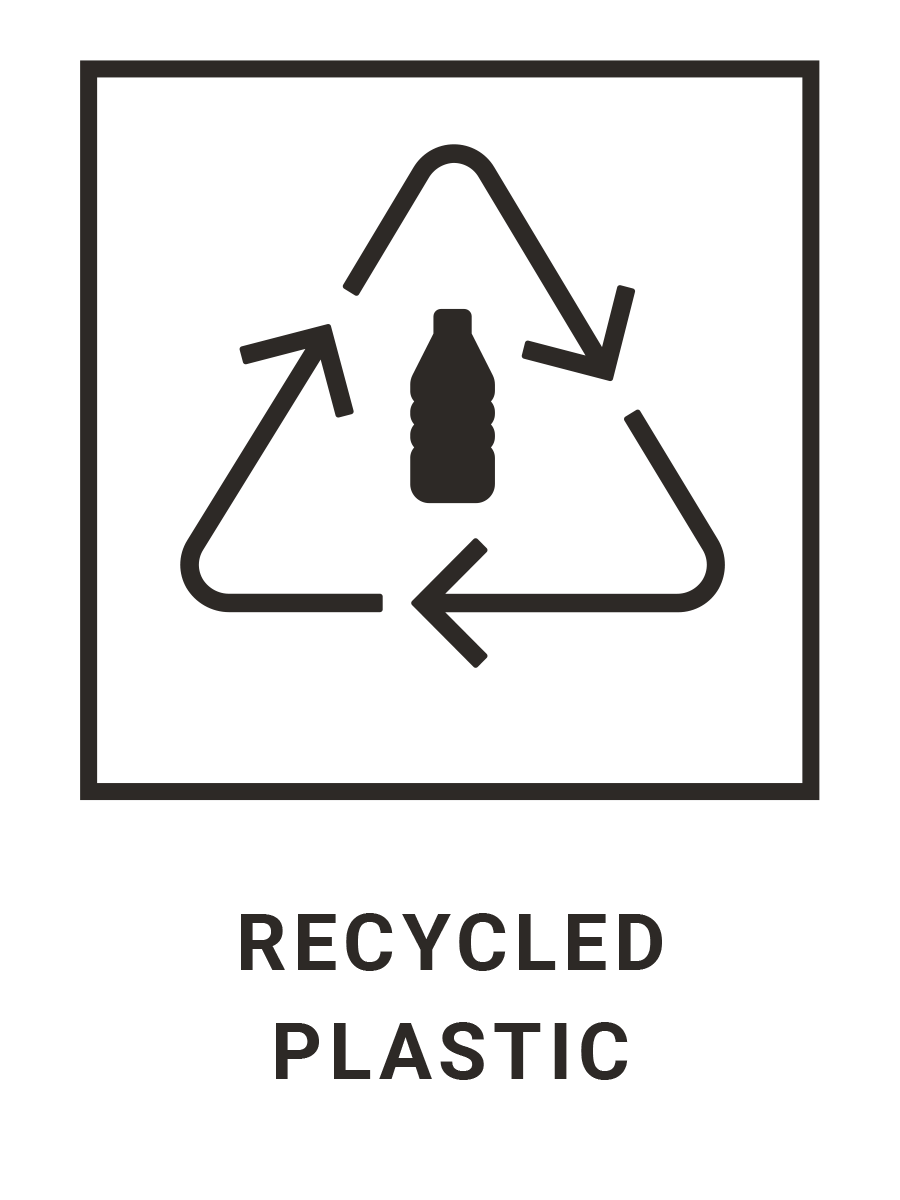
Any plastic elements are manufactured from recycled plastic, diverting it from landfill and preventing more plastic from entering the waste stream.
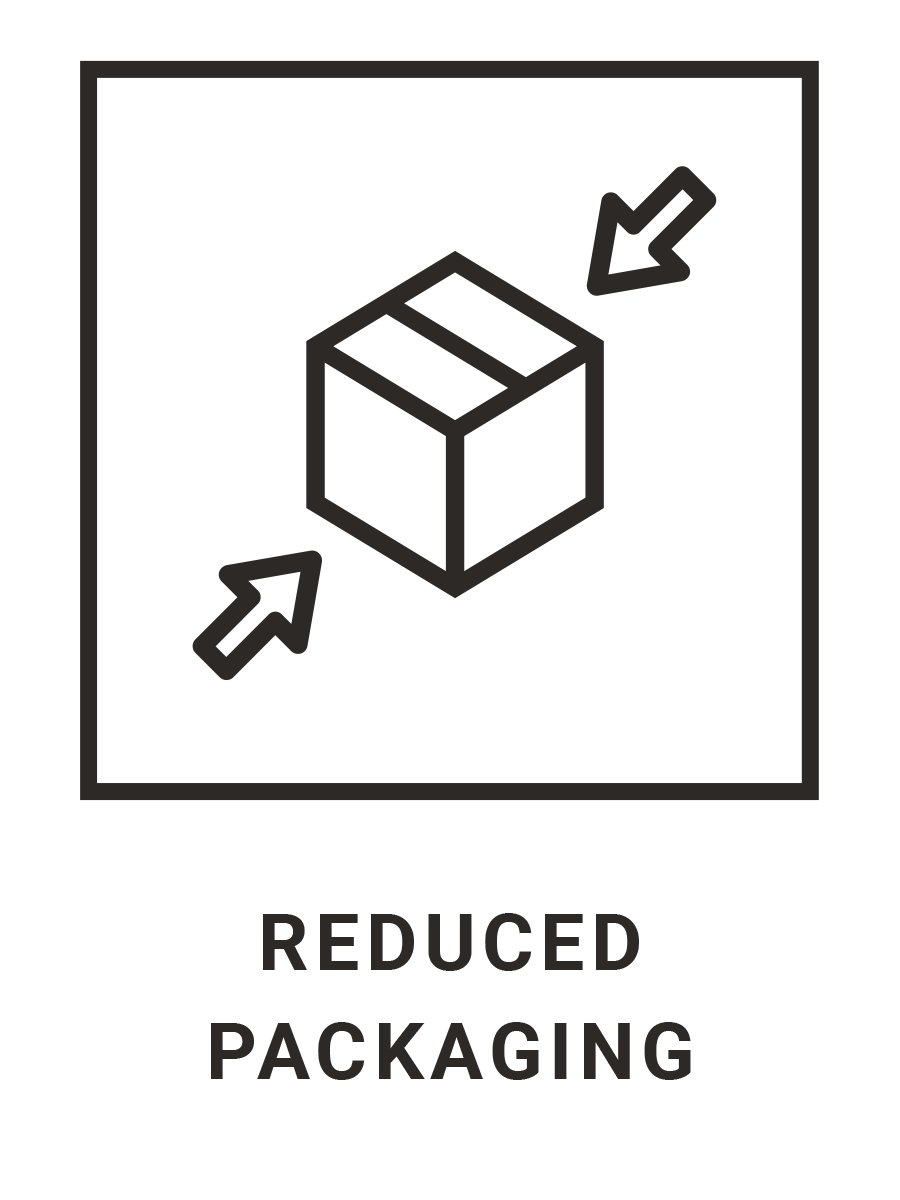
Packaging has been removed as much as possible so there’s less waste to deal with on site, though some packaging may remain for product information and health and safety reasons.
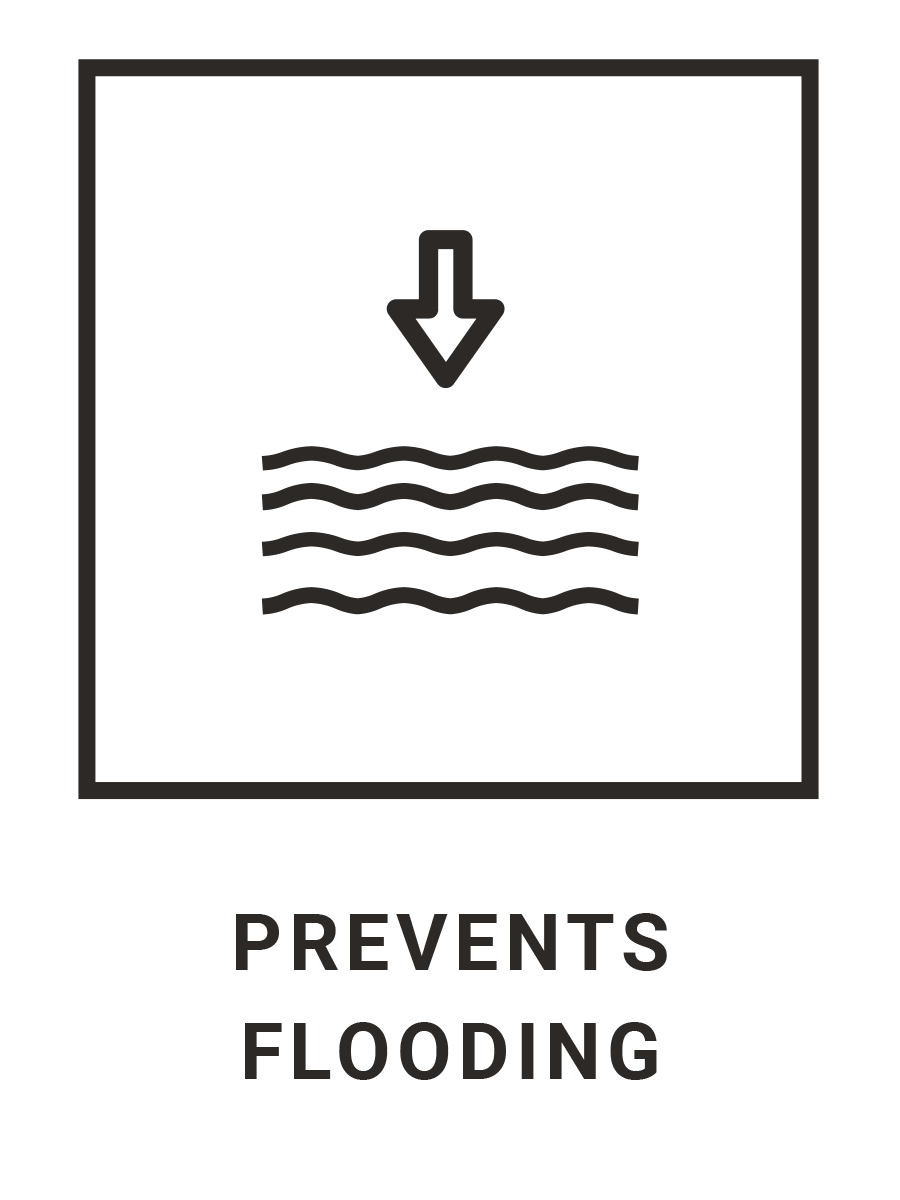
Helps to manage surface water in terms of either attenuation, conveyance or infiltration, providing hydraulic engineers and landscape architects the tools they need to reduce flood risk.
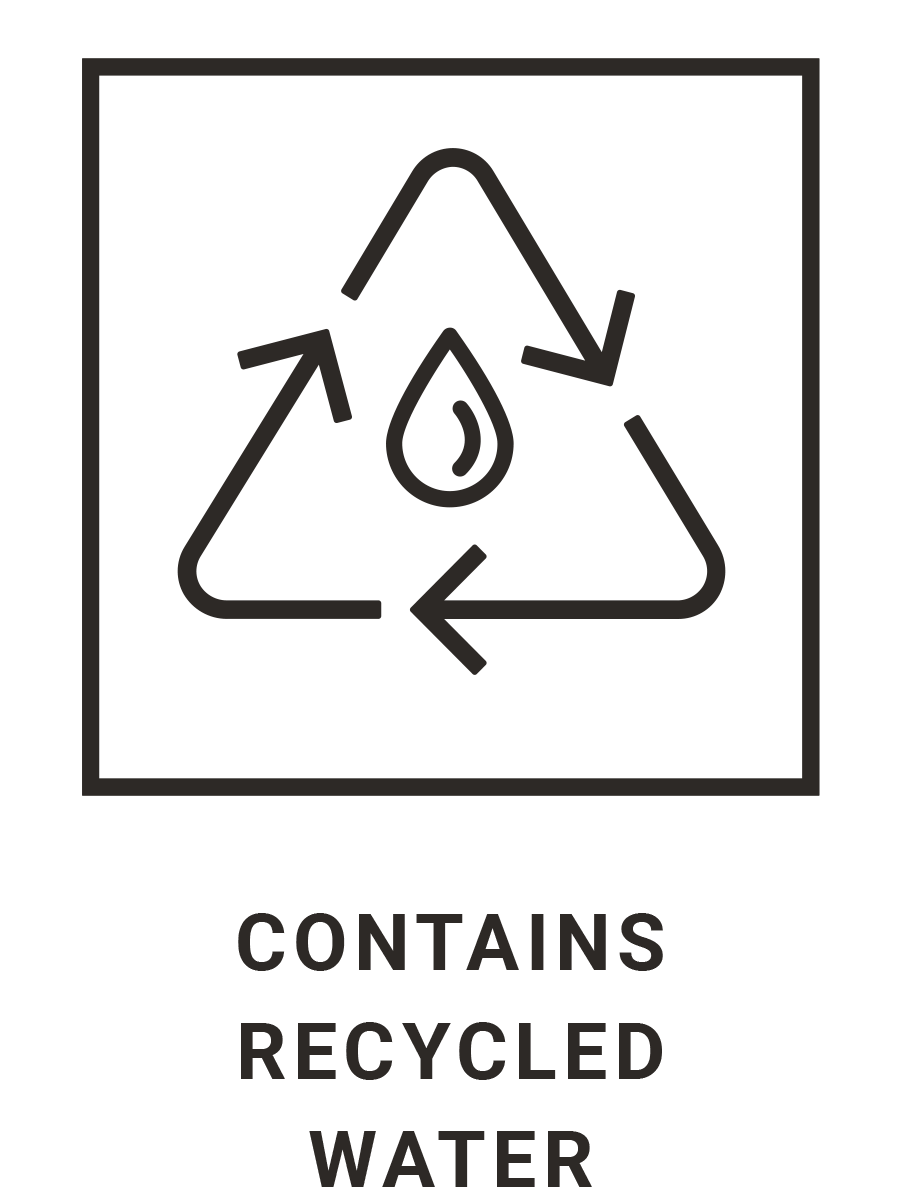
Manufactured at a works which either recycles water in the cutting or pressing process, or uses harvested rainwater during its manufacture. These initiatives reduce pressure on mains water supplies and create resilience in water-scarce areas.
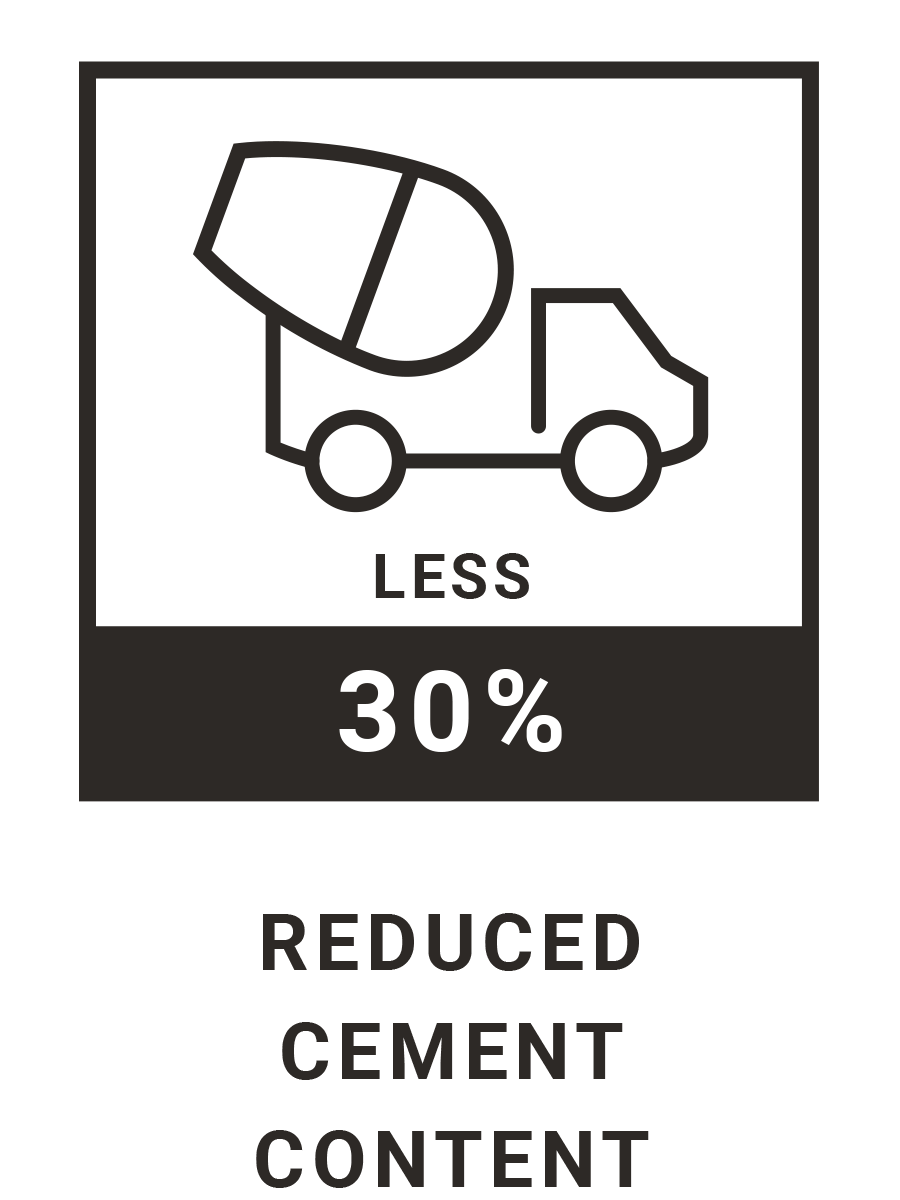
In traditional concrete, cement is the most carbon-heavy material in its composition, accounting for up to 50% of a product's "cradle to gate" emissions. Replacing as much cement as possible with an alternative binder material reduces the carbon impact of a product.
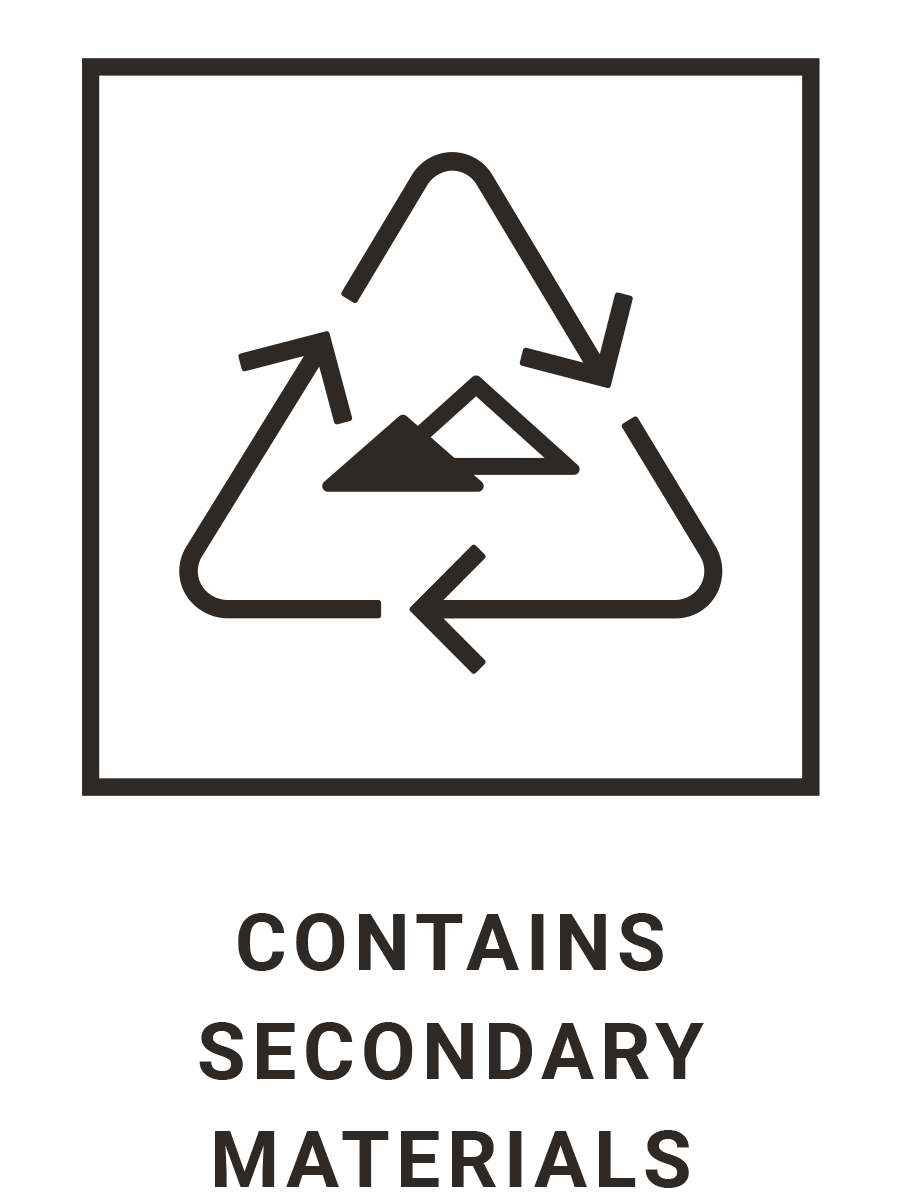
Secondary materials are by-products of another process - offcuts of natural stone, for example, or ash from a furnace. These aren’t "recycled" because they've never been used before but they would otherwise go to landfill.
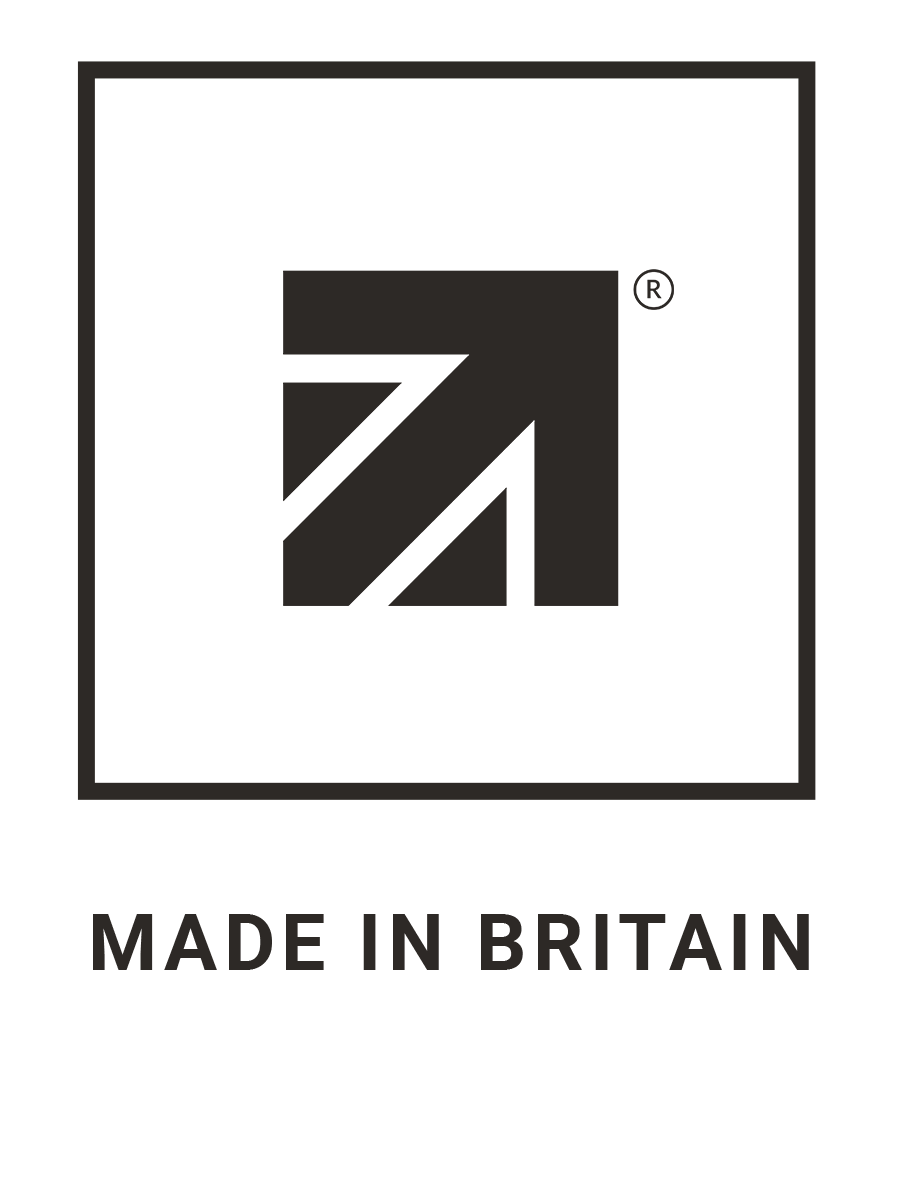
Based on total tonnage, 96.9% of our landscaping, building and roofing products are made in Britain.
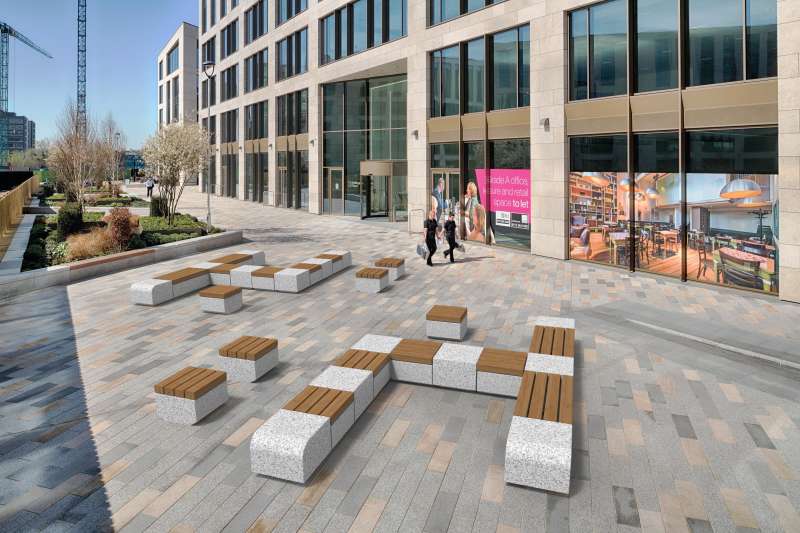
Environmental product declarations from Marshalls
We have grouped products to provide family-level Environmental Product Declarations (EPDs). These are independently verified and internationally recognised documents that present a life-cycle assessment of a product’s environmental impact. They provide a standardised framework including detailed information on various areas, including carbon footprint, energy consumption, greenhouse gas emissions, water usage, and waste generation.
Explore our product ranges

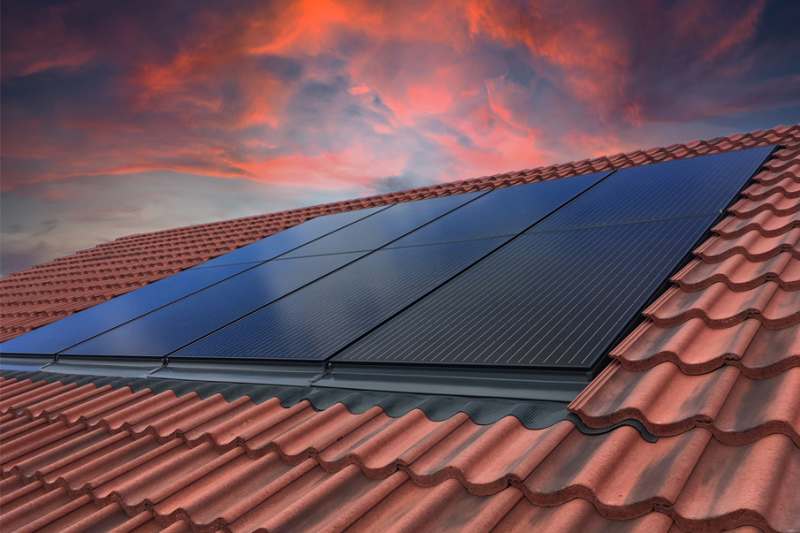
Sustainability at Marley
For more information on Marley’s sustainability initiatives


